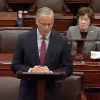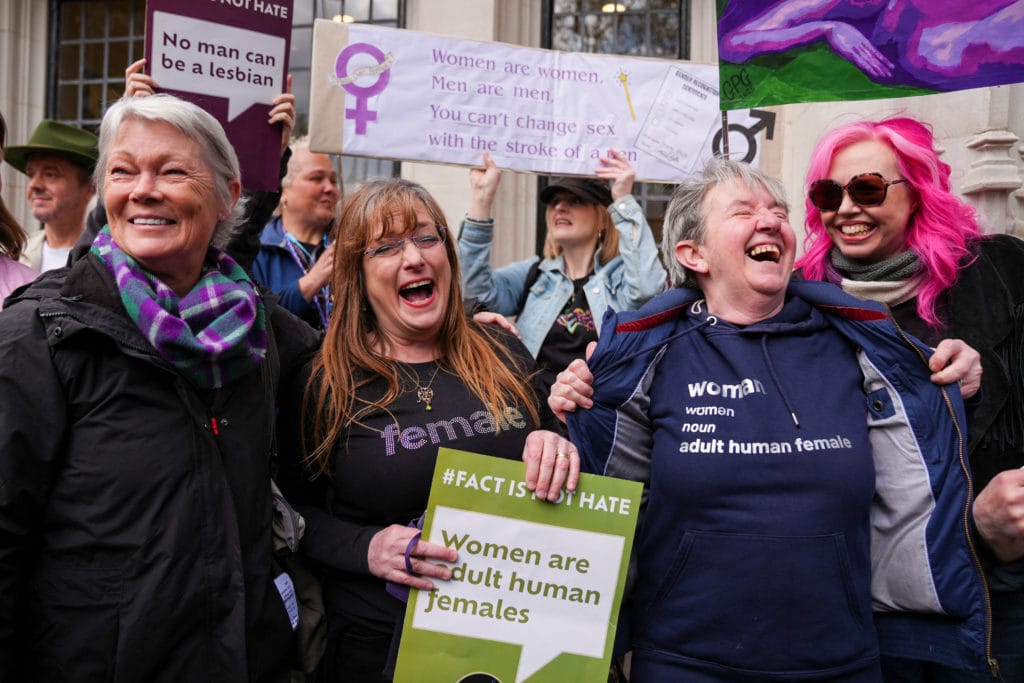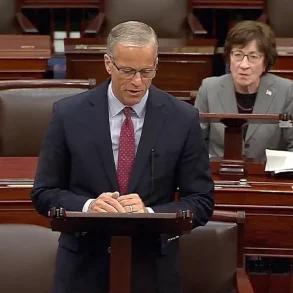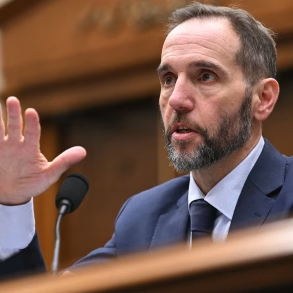On April 16, 2025, the UK Supreme Court delivered a landmark ruling that the legal definition of “woman” in the Equality Act 2010 refers to biological women, not transgender women, even those with a Gender Recognition Certificate (GRC). This decision, celebrated by women’s rights groups like For Women Scotland (FWS), has sparked heated debate, with transgender advocates expressing deep concern over its implications.
The Case: For Women Scotland vs. Scottish Government
The case began with FWS challenging Scottish legislation aimed at ensuring 50% female representation on public boards. The group argued that including transgender women with GRCs in the definition of “woman” undermined sex-based rights. They claimed that “sex” in the Equality Act should mean biological sex, not a legally recognized gender identity.
The Scottish Government countered that a person with a GRC, which legally recognizes their gender, should be treated as a woman under the law. However, the Supreme Court’s five judges unanimously ruled in favor of FWS. Lord Patrick Hodge, delivering the judgment, stated, “The terms ‘woman’ and ‘sex’ in the Equality Act 2010 refer to a biological woman and biological sex.” This ruling clarifies that single-sex spaces, like bathrooms, shelters, and sports facilities, can exclude transgender women if the exclusion is “proportionate.”
A Victory for Women’s Rights
Women’s rights campaigners hailed the decision as a triumph for “reality over paperwork.” Susan Smith, co-director of FWS, said outside the court, “Women are protected by their biological sex, that sex is real, and women can now feel safe that services and spaces designated for women are for women.” The group Sex Matters echoed this, stating that the ruling ensures the protected characteristic of sex refers to “reality, not paperwork.”
The LGB Alliance, a charity supporting same-sex attracted people, called the ruling a “watershed for women.” Co-founder Bev Jackson told The Epoch Times that she hopes the UK will “lead the world back to sanity” by distinguishing sex from gender identity. She praised FWS, saying, “Three mums from Scotland fought this tenacious battle and won a victory for all women.”
Public figures also celebrated the decision. Author J.K. Rowling, a vocal supporter of FWS, wrote on X, “It took three extraordinary, tenacious Scottish women… to protect the rights of women and girls across the UK.” Conservative Party leader Kemi Badenoch added, “Women are women and men are men: you cannot change your biological sex.”
Concerns from Transgender Advocates
Transgender rights groups expressed alarm over the ruling’s impact. Stonewall, an LGBTQ charity, called it “incredibly worrying for the trans community,” warning of “widespread, harmful implications.” Trans advocate Ella Morgan told CNN, “Today, for the first time, I am scared about walking out of my front door.” She feared the ruling could lead to increased discrimination, particularly in employment and access to services.
The court emphasized that transgender people remain protected under the Equality Act against discrimination based on gender reassignment. However, critics like Amnesty International argued that the ruling could still have “potentially concerning consequences” and urged lawmakers to update legislation to better protect trans rights.
Broader Implications
The ruling brings clarity to the application of equality laws in the UK, particularly for single-sex spaces. The UK government stated it would provide “confidence and clarity” for women and service providers, such as hospitals and sports clubs, which can now legally prioritize biological sex in certain contexts.
However, the decision has reignited the polarizing debate over transgender rights. In the UK, hate crimes based on sexual identity rose by 112% in 2023, and trans advocates fear this ruling could exacerbate tensions. Meanwhile, gender-critical campaigners argue it protects women’s hard-won rights to safety and fairness.
Joanna Cherry, a former Scottish MP, called for politicians to ensure the ruling is implemented in public policy. “Women means biological women, and lesbian means women who are sexually attracted to women,” she said, urging leaders like Scottish First Minister John Swinney and UK Prime Minister Keir Starmer to act.
A Divided Landscape
The Supreme Court’s ruling is a pivotal moment in the UK’s ongoing debate over sex and gender. For some, it’s a necessary defense of biological reality and women’s rights. For others, it’s a step backward for transgender inclusion. As both sides navigate the fallout, the decision underscores the challenge of balancing competing rights in a deeply divided society.








